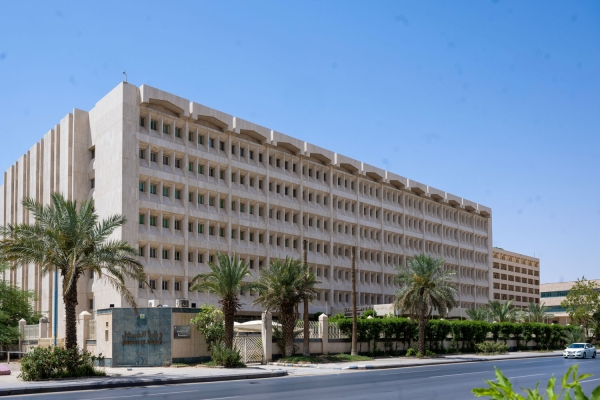
The Law of Judicial Costs is a law under the Ministry of Justice that serves to restrict vexatious litigation and fictitious actions and bolster justice efficiency in the Kingdom of Saudi Arabia. It involves the imposition of financial costs on obligated parties, payable to the competent authority in accordance with the provisions of the law and its executive regulations. The law was issued by a Royal Decree on September 7, 2021.
Objectives of the Law of Judicial Costs
The objective of the Law of Judicial Costs is to restrict vexatious litigation and fictitious actions, promote alternative dispute resolution methods such as mediation and arbitration, enable preventive justice and documentary contracts, and contribute to enhancing the efficiency of the judicial system while ensuring the preservation of the right to litigation and easy access to justice. The plaintiff may file a lawsuit without paying the costs affecting the restriction or progress of the lawsuit.
Scope of the Law of Judicial Costs
The provisions of the Law of Judicial Costs apply to commercial lawsuits, labor lawsuits, criminal lawsuits, civil lawsuits, and execution requests. However, the following are exempted from the law: public criminal cases and disciplinary cases and related requests; personal status cases and related requests except for appeals and requests for reconsideration; terminations and related requests; cases and requests falling within the jurisdiction of the Board of Grievances; cases and requests arising from the application of the Bankruptcy Law; and cases and requests related to estate partition cases except for appeals and requests for reconsideration.
The Law of Judicial Costs applies to requests for appeal, cassation, and petition for reconsideration in all judicial classifications, as well as incidental requests, requests for joinder of parties, counterclaims, requests by one of the parties to proceed with the case that has been suspended by agreement before the expiration of the agreed-upon period for suspension of the proceedings, requests for correction or interpretation of a judgment, requests for a duplicate copy of judicial documents, and a request by an interested party to be provided with a certified copy of the case papers or its records (paper/electronic) or the documents or papers in the court’s possession, and a request by an interested party to inspect the case papers or its records (paper/electronic).
Furthermore, judicial costs are not imposed on prisoners or detainees at the time judicial costs are due in non-criminal financial cases, in lawsuits filed by or against them, nor are they imposed on workers covered by the Labor Law, those exempt from it, or their beneficiaries when claiming their entitlements arising from employment contracts, government ministries and entities, or social security beneficiaries.
Judicial costs estimation
Judicial costs imposed on lawsuits must not exceed 5 percent of the claim amount, with a maximum cap of SAR1 million, according to the standards and controls specified in the executive regulations of the law. If the court decides to dismiss the lawsuit or rule in favor of its dismissal due to its improper filing and the plaintiff wishes to continue the proceedings, the costs of reinstating the lawsuit is equivalent to 25 percent of the original lawsuit costs, provided that the subject matter or parties to the dispute do not change. The plaintiff bears the additional costs of the hearing, even if a judgment is issued in their favor.
In cases where a party seeks to invalidate an arbitration ruling, legal costs are imposed at a rate of 1 percent of the awarded amount to the claimant, should their claim be rejected, with a maximum cap of SAR1 million. Legal fees for claims are limited to an amount not exceeding SAR10,000, in line with the standards and guidelines outlined in the regulations. Certain situations have been exempted from cost payment, such as when a ruling of no jurisdiction is issued. In these cases, no new costs are required for filing the lawsuit in the competent court unless the nature of the lawsuit changes. Additionally, if the competent court overturns the ruling and sends the case back to the original court or another court, no additional costs are due.
Related quizzes
Related articles


